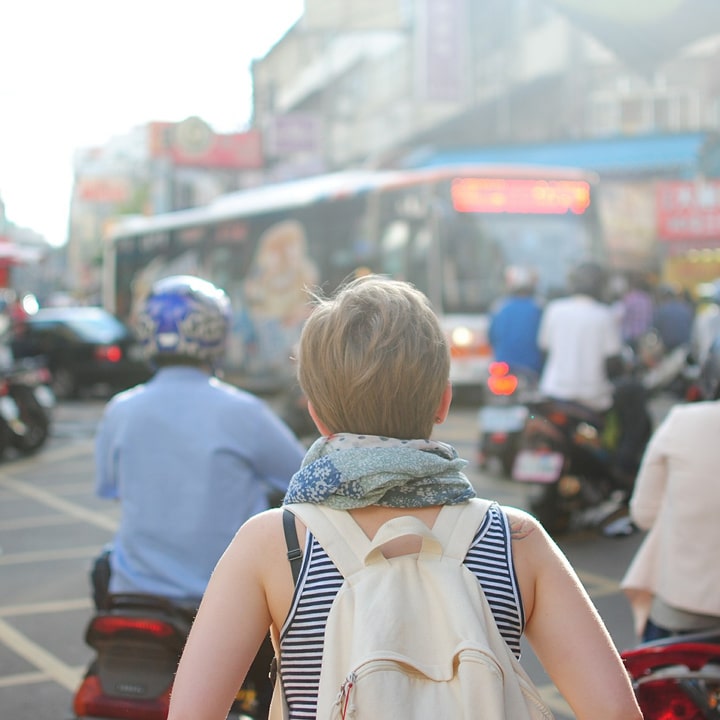
While it’s difficult to understand why people scam us around the world, it’s important to know the signs of common scams so you can avoid them.
Scams vary depending on your destination or journey. But fear not, we have created a list of the most common travel scams and how to avoid them. Read on!
Avoid counterfeit money.
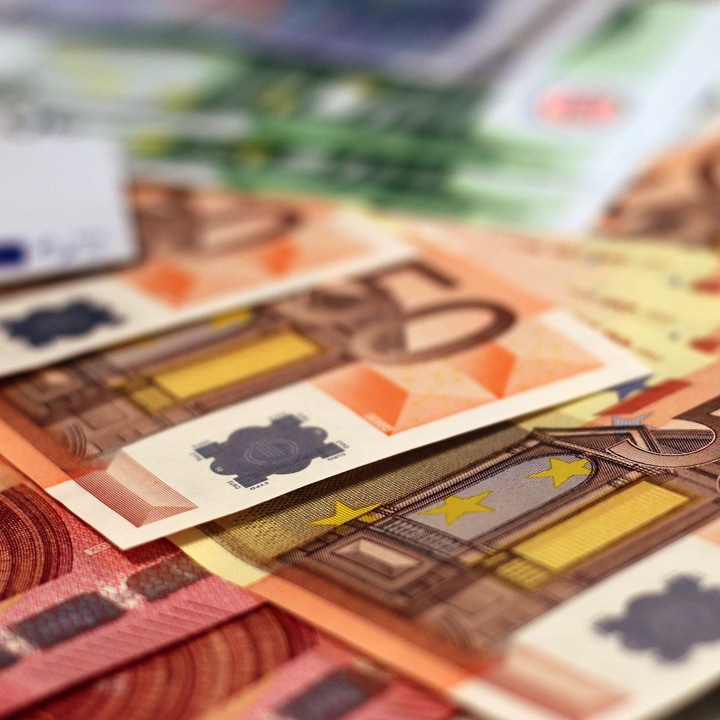
It can be challenging to learn another country’s metrics system or familiarize yourself with a new currency.
Unfortunately, one major scam that has made its way around the globe is counterfeit money. Watch out when you receive big bills back as change for your payment or purchases, twenty-dollar and fifty-dollar bills are replicated the most.
Euros are the most counterfeited bills in the world, followed by British pounds, Chinese yuan, Indian rupees, Mexican pesos, and U.S. dollars. However, other countries in Central and South America and Canada produce counterfeit bills as well.
So how can we avoid this? It’s fairly simple. Look for the signs of counterfeit bills to know they are counterfeit and avoid them or give them back. When you receive your change after you make a purchase, take a second to look for a few noticeable differences in the real vs. fake money: holograms or shiny-foil, fine print, texture, color, and watermark.
Real money uses holograms or shiny-foil and has a watermark. If any of these aspects are missing, hand the money back – it’s not your problem.
Watch out for the slow count.

In banks, shops, restaurants, you name it – tourist traps across the nation will get you with a slow count.
What is a slow count? It’s when the cashier counts your money back very slowly with pauses, in the hopes that you will lack time, scoop it up and walk away. Always, always, always count your change (and check for counterfeit bills)!
Be mindful of paying with big bills.
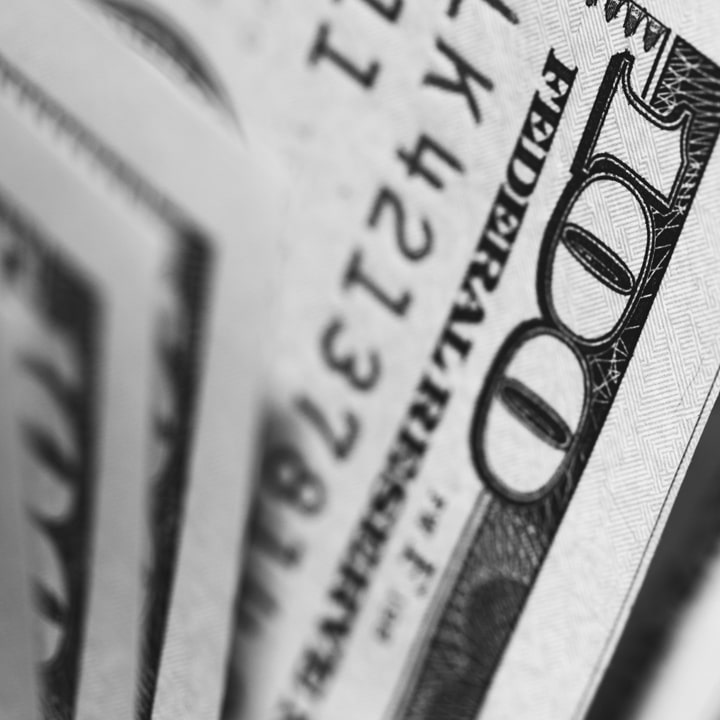
Some waiters or taxi cab drivers will attempt to shortchange tourists by handing over small bills in return.
For instance, the 2 Euro coin resembles other currencies that are worth much less than 2 Euros. State the bill you are paying with as you hand it back and double-check that what you receive back is correct!
Don’t let the locals get the best of you.

Avoiding this scam may be harder than it sounds. On your trip, you will most likely come across some awesome locals who are willing to chat with you, help you find your way, and possibly share a meal or an evening with you.
However, just like the locals in your own country, you can not trust every single person you come into contact with. Scam artists are known for their charming, witty, personable personalities that lure tourists into their scams and traps! Here are a few examples:
A mother and baby. Sadly, this can often be used as a travel scam to gather money from tourists or those in the area. While it is not always the case, it can be a scam so avoid giving money to these people.
Additionally, this can be used as a distraction. While you’re speaking to the mother or gaping at the baby, someone could be pickpocketing you quicker than you can react to it.
The flirt. If you fall for someone’s looks who happens to be overly-friendly and wants to spend more time with you right away, then that could be a scam. This definitely comes down to your intuition and what you know about people, but use your best judgment to determine if someone you’re speaking to is trying to get something out of you, or being genuine.
You could grab a drink or coffee and end up with a steep bill. These “flirts” can disguise themselves as outgoing locals who want to show off their city or lost tourists.
Other disguises include someone who says “oops!” and spills on you, someone who acts concerned for your wallet or safety, young beggar thief gangs, room inspectors, and sexy women.
Look out for the broken taxi meter scam.
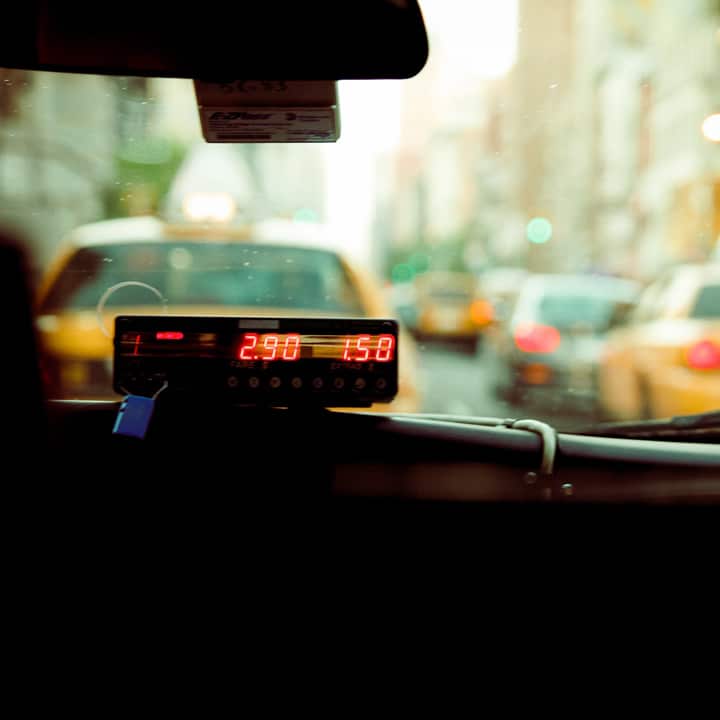
Taxis are common ground for scams. One of the big ones is the broken taxi meter scam.
After you’ve arrived at your destination and are about to pay, suddenly the taxi meter glitches or stops working and the driver is left to determine the price of your ride. This is frustrating and completely unfair, but it happens to many tourists and visitors.
If you are suspicious when you hop into a taxi, feel free to ask if the meter is working okay and ask what the taxi rate is. This information should be given to you upfront and if it isn’t, then hop out and wait for another or try public transportation.
Look out for the found ring scam.

Someone suddenly finds a ring on the ground in front of you, asks if it’s yours, and when you say no, they need to prove how valuable it is to you. Then, they try to charge you for it. Avoid this! And don’t drop your rings!
Never give your wallet to anyone.
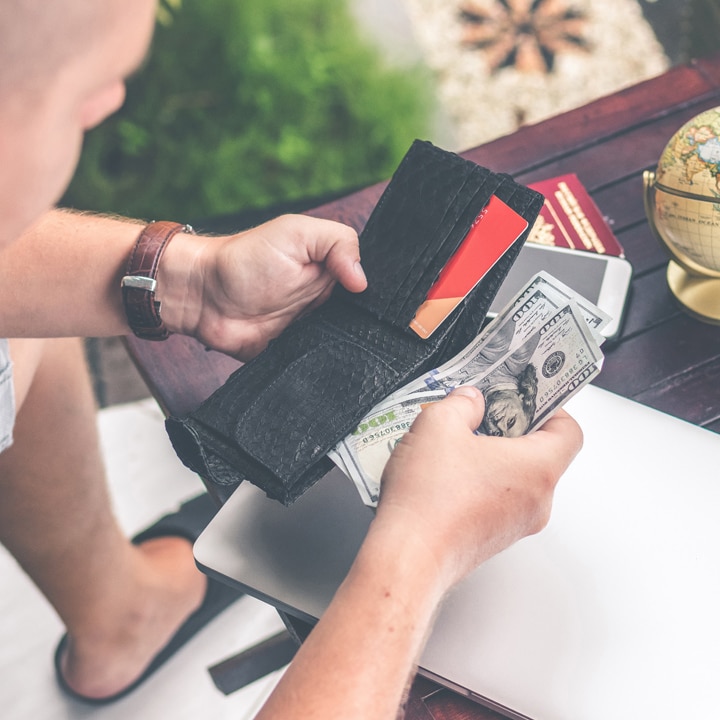
Another common scam can be someone pretending to help you or make sure you’re safe by asking for your wallet.
While you are fishing for it, they can pickpocket you. Or they will wait until you leave and now that they know where your stuff is, then they’ll pickpocket you. Watch out for people posing as “cops” or “security officers,” there is no reason to pull your wallet out unless you’re paying a bill or at the airport.
Take your own photos.
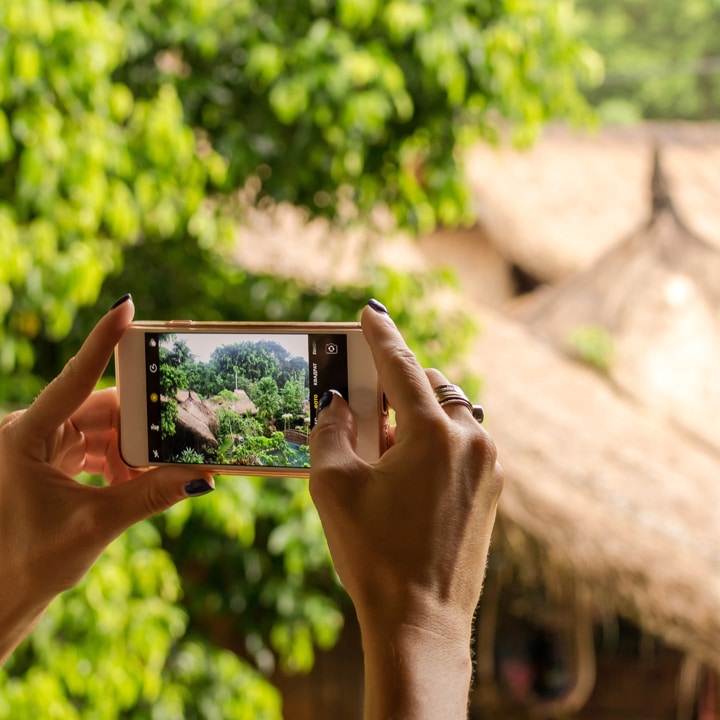
In major tourist areas, people will often offer to take your photo if you need help.
However, handing your phone or camera to someone else can put a huge damper on your trip – it’s a chance for them to steal from you or for someone else to swing by and grab it!
In addition, at numerous cities across the world, scammers will try to charge you for taking the photo or for taking a photo with them(when they’re in costume). Avoid this by taking your own photos and finding other tourists to help you out.
Be mindful of pickpockets.
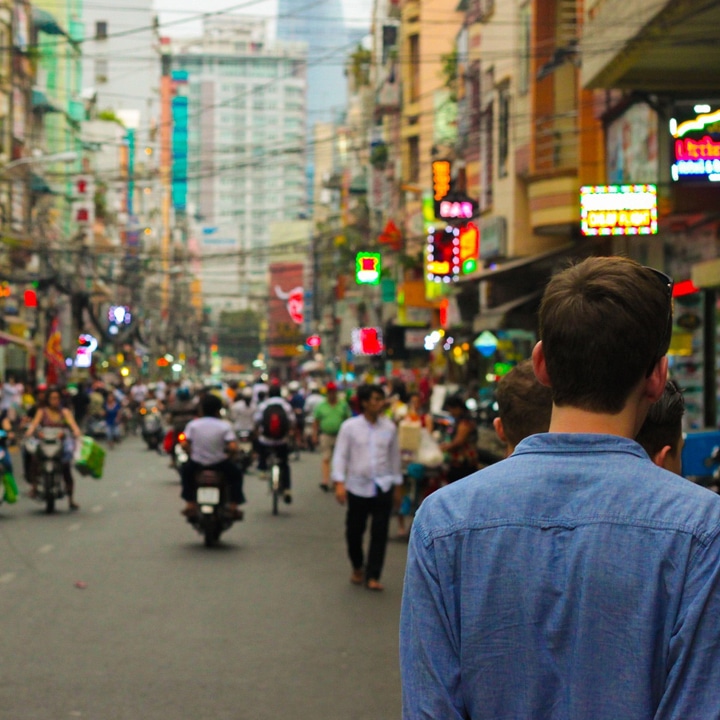
On your next trip, do not panic and worry about pickpockets. The minute you start holding your purse so tightly to your body is when it becomes obvious to pickpockets that you are a tourist.
The important thing to do is to be prepared for them, but not to expect them. Pay attention to the area around you, are you in a touristy spot, are you gazing high up at the buildings and art? This makes you a target.
Don’t hold your phone out in front of you if it’s not necessary. Always keep your belongings in front of you, not off to the side or your back.
Be sure to invest in an RFID-blocking money belt to protect yourself from pickpockets and other scammers and check out 13 Ways to Make Sure You Have a Safe Trip.
Now that you’ve seen our list of common scams, do you recognize any of these? Anything we should add? Leave us a comment below!














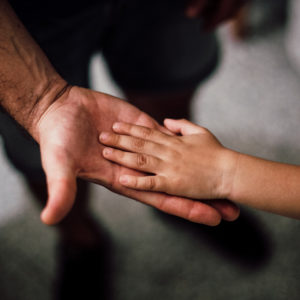
4 Responses
In a outdoor restaurant never set your valuables on your table. Many years ago I was at a Greek restaurant in the Plaka in Athens and a American couple was at a table next to me and had done that. I left the restaurant to go to my hotel to get clean up and on my way back out I passed the restaurant and the couple was at the same table crying their eyes out for they set their belly bags on the table after consuming a lot of wine someone ran past their table and snatched their stuff and everything was in their bags. Not a good vacation at all.
Thanks for the tip, Gary!
Keep only a few low bills in a ‘wallet’ and if you need more, go into a bathroom stall and get it out of your underware, in front. You will def feel a pickpocket there, but don’t extract money from there with anyone watching!
Thanks for this great tip, Ay!